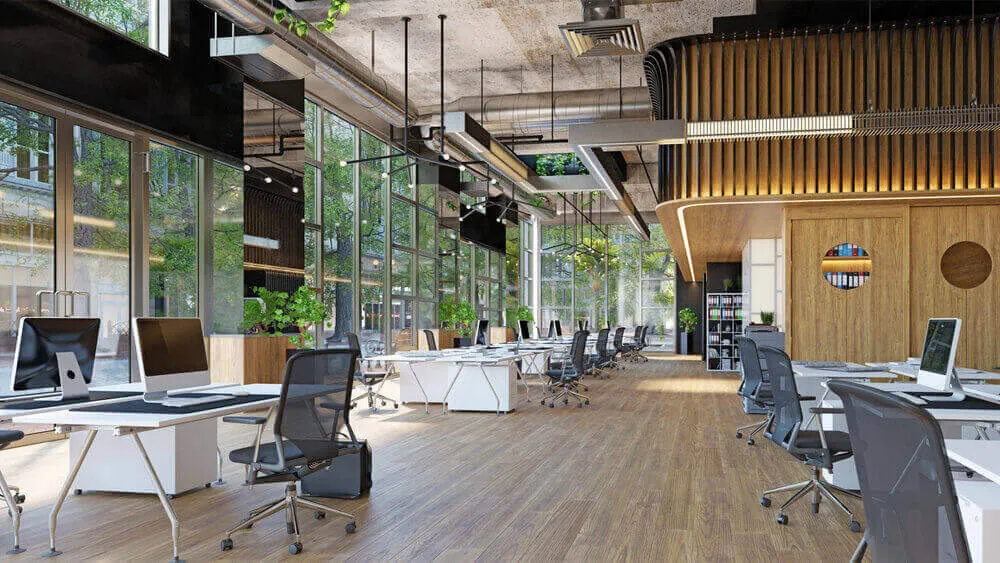In today’s rapidly evolving business landscape, professional workspaces are more than just physical locations they are dynamic environments designed to inspire innovation, collaboration, and productivity. Forward-thinking businesses recognize the importance of aligning their workspace strategies with their organizational goals, creating spaces that reflect their culture and drive their teams toward success. A well-designed professional workspace serves as a hub for creativity and connection. It fosters an atmosphere where employees feel motivated and engaged, enabling them to perform at their best. Modern workspaces are increasingly prioritizing flexibility, incorporating open-plan designs, modular furniture, and collaborative zones that adapt to the diverse needs of today’s workforce. This adaptability is critical as businesses navigate the shift toward hybrid work models, ensuring seamless integration for both in-office and remote employees.

Technology plays a pivotal role in forward-thinking workspaces. High-speed internet, cloud-based collaboration tools, and integrated communication systems are now essential features. Smart office technologies, such as automated lighting, temperature controls, and touchless access systems, not only enhance efficiency but also contribute to sustainability efforts. Businesses that invest in these tools demonstrate a commitment to innovation, which can be a significant competitive advantage in attracting top talent. Equally important is the emphasis on wellness within the workspace. Forward-thinking 南京联合办公工位 businesses understand that a healthy workforce is a productive one. Ergonomic furniture, natural lighting, indoor plants, and wellness rooms are becoming standard features in professional environments. Some organizations are going a step further by incorporating fitness centers, meditation spaces, and healthy dining options to support the physical and mental well-being of their teams.
Location also remains a key factor in workspace design. Urban hubs with excellent transportation links offer the advantage of accessibility, making it easier for teams and clients to connect. However, as remote work gains traction, many businesses are exploring decentralized office setups, including co-working spaces and satellite offices, to provide greater flexibility for their employees. Finally, aesthetics and branding are integral to a professional workspace. The design should reflect the company’s identity, creating an environment that resonates with both employees and visitors. Sleek, modern interiors, combined with subtle branding elements, communicate professionalism and ambition, leaving a lasting impression on clients and partners. For forward-thinking businesses, professional workspaces are no longer just places to work they are strategic assets. By prioritizing adaptability, technology, wellness, and design, these businesses create environments that empower their teams, foster innovation, and position themselves for sustained success in an ever-changing world.
